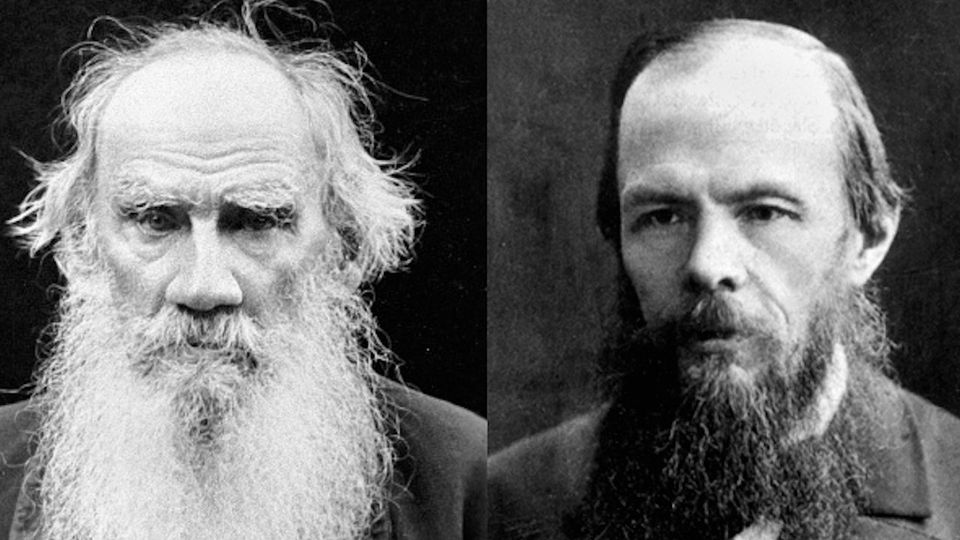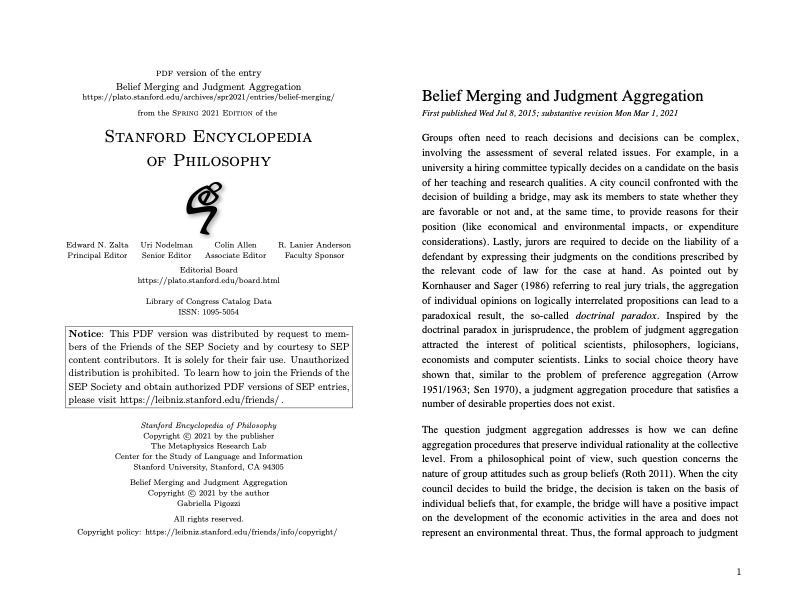Leo Tolstoy and Fyodor Dostoevsky had radically different accounts of religion and its relation to language. In this piece, Professor of Russian John Givens argues that while Tolstoy attempted to create a practical version of Christianity by using readily comprehensible language purged of mysticism to describe the world, it is ultimately Dostoevsky and his language-transcending mysticism which provide readers with a more meaningful account of what it means to embody religion and act in the world accordingly. Leo Tolstoy and Fyodor Dostoevsky spent the last decades of their lives convinced that the atheism of the nascent revolutionary movement in nineteenth-century Russia and across Europe was both wrong and harmful. However, each struggled with how to articulate their belief in God to a public which increasingly either rejected the idea of faith or viewed religion as a cultural rather than a spiritual force: a set of rituals and practices rather than deeply he…
Read the full article which is published on IAI TV (external link)








